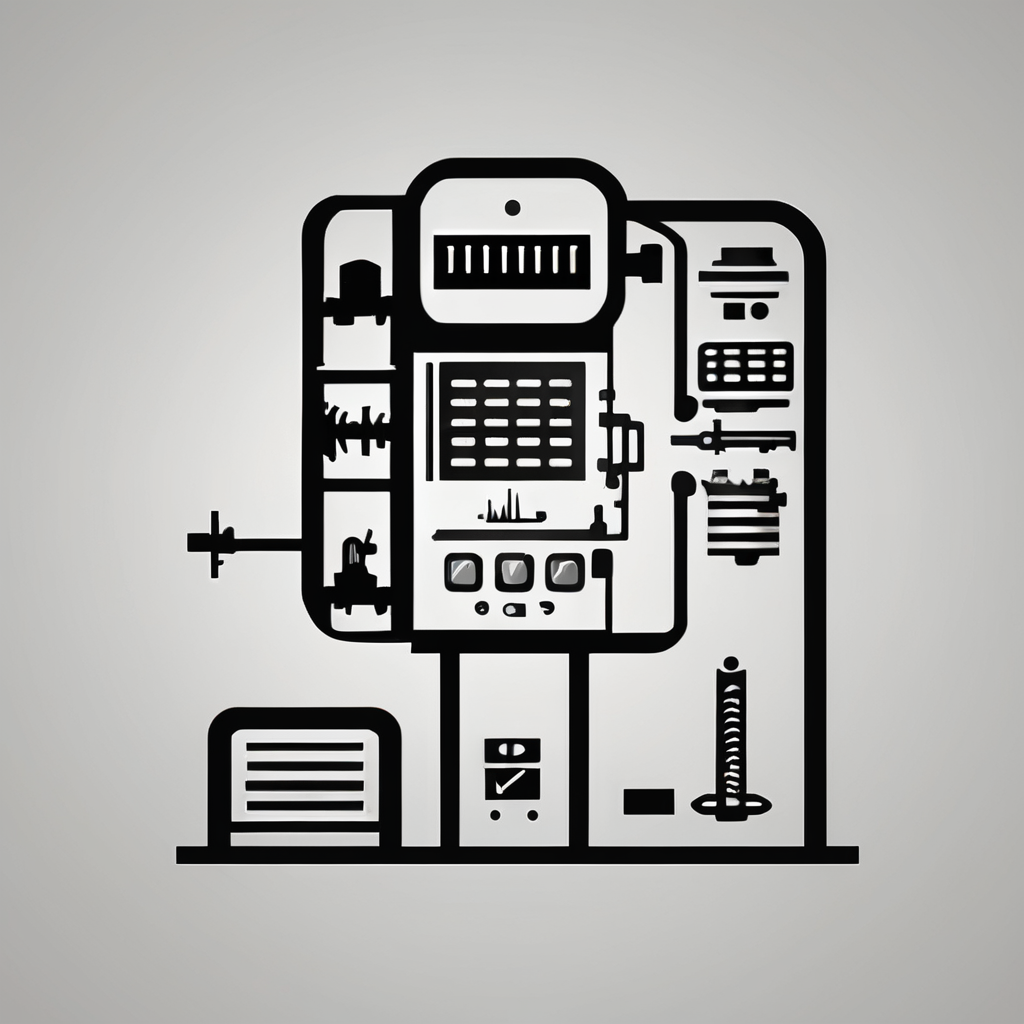AI Integration as a Catalyst in UK Computing Hardware Evolution
AI integration is rapidly transforming the UK tech industry, marking a new era in computing hardware design and manufacturing. AI computing hardware UK advancements are not merely incremental upgrades; they represent a paradigm shift driven by the need for smarter, faster, and more efficient processing capabilities. AI’s expanding role means hardware now must accommodate complex machine learning algorithms and neural networks natively.
The impact on the UK’s technology sector is immediate and multifaceted. Manufacturers are adopting AI-driven design tools for precision and innovation, while hardware performance is optimized through AI-enhanced simulations and predictive maintenance. The UK’s rich historical context in computing—rooted in early computing pioneers—provides a foundation that fuels current innovation strategies and collaborations between academia and industry.
Also read : What role does UK computing hardware play in cloud infrastructure?
This integration leads to enhanced agility in production cycles and enables the UK to maintain competitive advantages within global markets. As AI reshapes traditional hardware roles, the UK tech industry insights highlight a seamless blend of legacy expertise with cutting-edge AI capabilities, positioning the country as a forefront player in AI computing hardware UK development.
Key Advancements in AI-Driven Hardware Design
AI hardware advancements UK are reshaping computing by introducing processors tailored specifically for AI workloads. These machine learning chips and neural processing units excel at handling complex algorithms, enhancing speeds while reducing energy consumption. The UK tech industry insights reveal a surge in bespoke AI chip development aimed at optimizing performance for local industries, including finance and healthcare.
Also to see : Exploring the impact of cutting-edge trends in uk computing hardware
Custom AI hardware in the UK often focuses on architectures that enable faster inference and training of models directly on devices, minimizing reliance on cloud computing. This evolution supports real-time decision-making applications, vital in sectors like autonomous vehicles and robotics. Additionally, machine learning is increasingly applied to improve traditional components such as CPUs and memory systems, making them more adaptive and efficient.
By blending AI-specific hardware with advanced machine learning techniques, the UK’s approach enhances both hardware agility and scalability. This strategic innovation not only accelerates design cycles but also elevates the competitive stance of UK manufacturers in the fast-evolving global tech landscape.
Sector-Specific Transformations Enabled by AI Hardware
AI computing hardware UK is driving crucial upgrades in the data center evolution UK, enabling faster, more efficient processing to meet growing AI workloads. Data centres across the UK now integrate advanced AI chips to optimize power use and enhance cooling systems, significantly reducing operational costs. This AI integration facilitates real-time data analytics, vital for industries reliant on large-scale information processing.
In the UK consumer electronics AI market, hardware innovations allow smarter devices with improved responsiveness and personalization. AI integration in consumer gadgets boosts battery life and processing speed, enhancing user experience while supporting voice, image, and sensor-based applications.
Moreover, AI computing hardware UK underpins advancements in digital infrastructure UK, strengthening cybersecurity frameworks. AI-driven hardware detects and responds to threats more swiftly, protecting sensitive data within public and private sectors. These enhancements ensure resilience against increasingly sophisticated cyberattacks, safeguarding national digital assets effectively.
Together, these sector-specific transformations highlight the UK tech industry insights, showcasing a dynamic adaptation of AI integration that elevates both industrial capability and user-facing technology.
AI Integration as a Catalyst in UK Computing Hardware Evolution
AI integration is significantly accelerating AI computing hardware UK development, transforming traditional computing paradigms. Its expanding role demands hardware capable of supporting complex AI tasks natively. This shift is evident in greater precision and efficiency during the design and manufacturing processes.
Immediate impacts on the UK’s technology sector include enhanced agility in production and stronger collaboration between research institutions and industry players. The UK tech industry insights reveal that this synergy fosters innovation, enabling faster prototyping and deployment of AI-optimized hardware solutions tailored to local and global market needs.
Historically, the UK’s pioneering computing heritage provides a unique foundation for current AI integration efforts. Established expertise in early computational systems supports a robust ecosystem where legacy knowledge meets cutting-edge AI technologies. This blending ensures sustained leadership as AI computing hardware UK evolves, cementing the country’s role in pioneering both foundational and advanced innovations in hardware design and application.
AI Integration as a Catalyst in UK Computing Hardware Evolution
AI integration profoundly shapes AI computing hardware UK, driving a shift from traditional designs to systems tailored for advanced AI functions. This expanding role requires hardware to natively support intricate machine learning algorithms, boosting speed and efficiency across devices.
Immediate impacts within the UK tech industry insights include accelerated design cycles and enhanced manufacturing precision through AI-driven automation. These improvements reduce development time and cost, fostering a climate ripe for innovation. Additionally, AI integration promotes closer collaboration between academia and industry, leveraging the UK’s historical computing expertise to pioneer novel AI hardware solutions.
The UK’s rich computing heritage, from early programmable machines to modern supercomputing, frames current developments by providing foundational knowledge and technical skill. This legacy supports a robust ecosystem where AI integration enables both legacy systems and cutting-edge technologies to coexist and evolve effectively. Consequently, AI’s role serves not just as a tool but as a transformative catalyst, ensuring the UK’s continued leadership in AI computing hardware UK advancements.
AI Integration as a Catalyst in UK Computing Hardware Evolution
AI integration is reshaping AI computing hardware UK by enabling more intelligent and efficient design and manufacturing processes. This expanding role allows hardware to natively support complex machine learning models, which enhances processing speed and energy efficiency across devices. Immediate impacts in the UK tech industry insights include accelerated development cycles, allowing quicker innovation and faster time to market.
AI integration also optimizes production through AI-driven automation and predictive analytics, reducing costs and increasing quality. This fosters closer collaboration between research institutions and commercial manufacturers, leveraging academia’s cutting-edge AI research to improve hardware capabilities.
The UK’s rich computing history, from early programmable machines to modern supercomputers, frames current innovation by providing deep technical expertise and legacy systems knowledge. This historical foundation supports the seamless fusion of traditional hardware engineering and AI-driven approaches, ensuring that the UK remains a leader in AI computing hardware UK. Through AI integration, the UK tech industry is uniquely positioned to pioneer future hardware solutions that are both powerful and adaptive.


